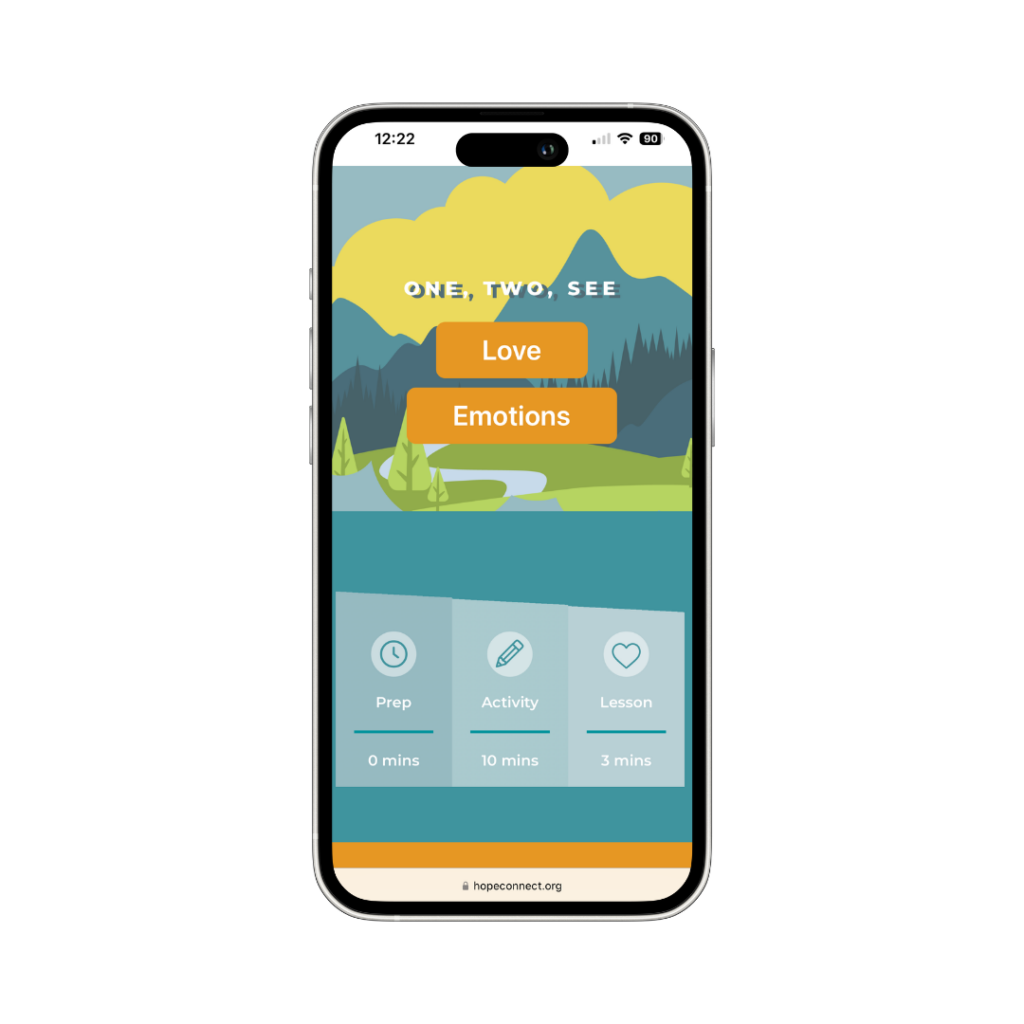Back-to-school season can bring unique challenges for children in foster care. With thoughtful preparation and trauma-informed strategies, foster parents can help kids feel secure, confident, and ready to thrive. Here are seven back to school tips to help you support your child in their smooth transition from summer break to back-to-school.
1. Establish routines early.
Begin reintroducing school-year routines a few weeks before the first day. Gradually adjust bedtimes, wake-up times, and mealtimes to align with the school schedule. Practice morning and evening routines, such as preparing breakfast or packing lunches, to enhance children’s sense of confidence and independence.
2. Involve children in preparation.
Empower kids by letting them pick out their own school supplies and clothes within a set budget. Involving them in packing their backpack or choosing outfits gives them a sense of control and excitement. Openly discuss what to expect at school, ask for and address any worries they may have, and highlight new opportunities such as clubs or activities. Help your child memorize this promise from God’s Word and write it down on their new notebook: For I can do everything through Christ, who gives me strength. (Philippians 4:13 NLT).
3. Work with your child’s teacher and school guidance counselor.
Reach out to your child’s teacher and guidance counselor before school begins to share pertinent information about your child’s requirements, triggers, and strengths. Establish communication channels, such as email, phone calls, or meetings, and clarify who should be included in updates, including social workers or therapists. Attend school meetings, including 504 Plan or Individualized Education Program (IEP) meetings, and be prepared to advocate for your child’s educational and emotional needs.
4. Address learning difficulties when they arise.
Monitor your child for signs of learning difficulties or behavioral challenges, which may be more prevalent in children who have experienced trauma. If you notice any issues, request assessments or additional support as needed. Ensure that both the teacher and guidance counselor are informed about any accommodations or services your child receives.
5. Support trauma healing.
Create a safe and nurturing home environment where your child feels comfortable expressing their emotions. Acknowledge and celebrate their small achievements to boost their self-esteem and resilience. Additionally, consider free trauma-informed parent training by the 4KIDS EPIC team to gain a deeper understanding of trauma-related behaviors and develop effective responses. The live trainings are available in English and Spanish.
6. Foster emotional safety.
Set clear boundaries and expectations —, but remain flexible and patient as your child adjusts to new routines. Be mindful of potential triggers and communicate them to their teacher and guidance counselor, while respecting your child’s privacy and comfort level. Consistency and predictability help children feel secure.
7. Model positivity and patience.
Your attitude sets the tone for your child, both at home and when they are in their school environment. Demonstrate excitement for the new school year and patience, especially during the adjustment period. Provide downtime after school, especially during the initial weeks, as transitions can be draining for children in care.
Use HopeConnect™️ Everyday Moments™️ activities to strengthen your bond with your child and offer them comfort through the hope of God’s Word. The activities flow with your child’s everyday life at home, bedtime, mealtime, chores, on the go, or story time – all designed better connect and experience the real and lasting Hope of God’s Word.
For more actionable ideas, insights, and inspiration, along with foster parenting resources, subscribe to Thrive by HopeConnect. Our Back to School Collection offers practical articles and tip sheets to equip parents like you. Our goal is to help you provide better support to your child as they embark on their new school year.
Key Take Away:
By combining routine, open communication, trauma-awareness, and advocacy, you can create a supportive environment for children in your care, fostering their readiness for a successful school year.
“And God will generously provide all you need. Then you will always have everything you need and plenty left over to share with others.” ~2 Corinthians 9:8 (NLT)
ACTIVITY:
Use HopeConnect™️ Everyday Moments™️ activities to strengthen your bond with your child and offer them comfort through the hope of God’s Word. The activities flow with your child’s everyday life at home, bedtime, mealtime, chores, on the go, or story time – all designed better connect and experience the real and lasting Hope of God’s Word.







